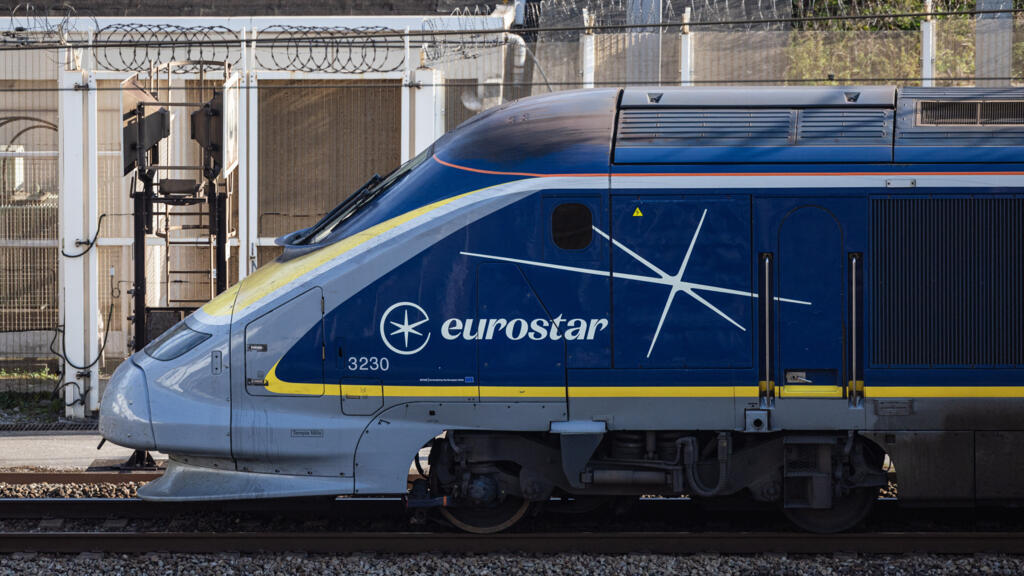High-Speed Train Travel Resumes in Northern France
High-speed train operations in northern France resumed on Tuesday following a significant disruption due to a fault in the overhead cable system. This malfunction resulted in the cancellation of numerous trains on Monday, including critical Eurostar services that connect Paris and London, affecting countless travelers.
Repair crews worked diligently overnight to rectify the issues with the overhead wiring, enabling the restoration of train services by Tuesday morning. However, despite the completion of repairs, passengers were still encountering some delays and ongoing cancellations along the Paris-London Eurostar route. Authorities advised travelers to remain vigilant and continuously check their train schedules for the latest updates, as the disruptions had a cascading effect on many services.
The incident underscores the vulnerabilities associated with high-speed rail infrastructure, which is vital for connecting key European cities. Trains managed by the French National Railway Company (SNCF) and Eurostar are relied upon by both business and leisure travelers, making such service interruptions particularly impactful. The overhead cable systems are crucial for the electrification of trains, and any faults can lead to significant delays and cancellations, as witnessed on Monday.
Travelers were urged to exercise patience as the rail network worked to clear the backlogs caused by the previous day's disruptions. By the afternoon of Tuesday, some trains had begun to return to normal schedules, but the Eurostar services still faced minor setbacks, with certain routes running behind schedule as the system gradually normalized.
This incident not only affected passengers traveling to and from London but also had repercussive impacts on other international train services linked to the extensive railway grid in France. Train operators typically strive to minimize such occurrences, yet technical issues can sometimes lead to widespread consequences across the transportation network.
In light of this disruption, passengers utilizing Eurostar services were advised to arrive early at the train stations and to remain updated through the Eurostar website and other communication channels for real-time information regarding their travel plans. Those affected by cancellations received assistance from railway personnel, with options for rebooking or obtaining refunds being made available.
The authorities have emphasized their commitment to ensuring the safety and reliability of train services and have pledged to conduct thorough inspections of the overhead cable systems to prevent similar incidents in the future. Passengers are hopeful that the railway operators will take the necessary measures to enhance the resilience of the infrastructure, ensuring a more robust service, especially during peak travel times.
As operations gradually stabilize, the situation reflects the ongoing challenges faced by railway systems in maintaining efficiency while addressing the inevitable technical issues that arise. Rail travel remains a key component of European transportation, and stakeholders are keen to reassure travelers of their reliability.












